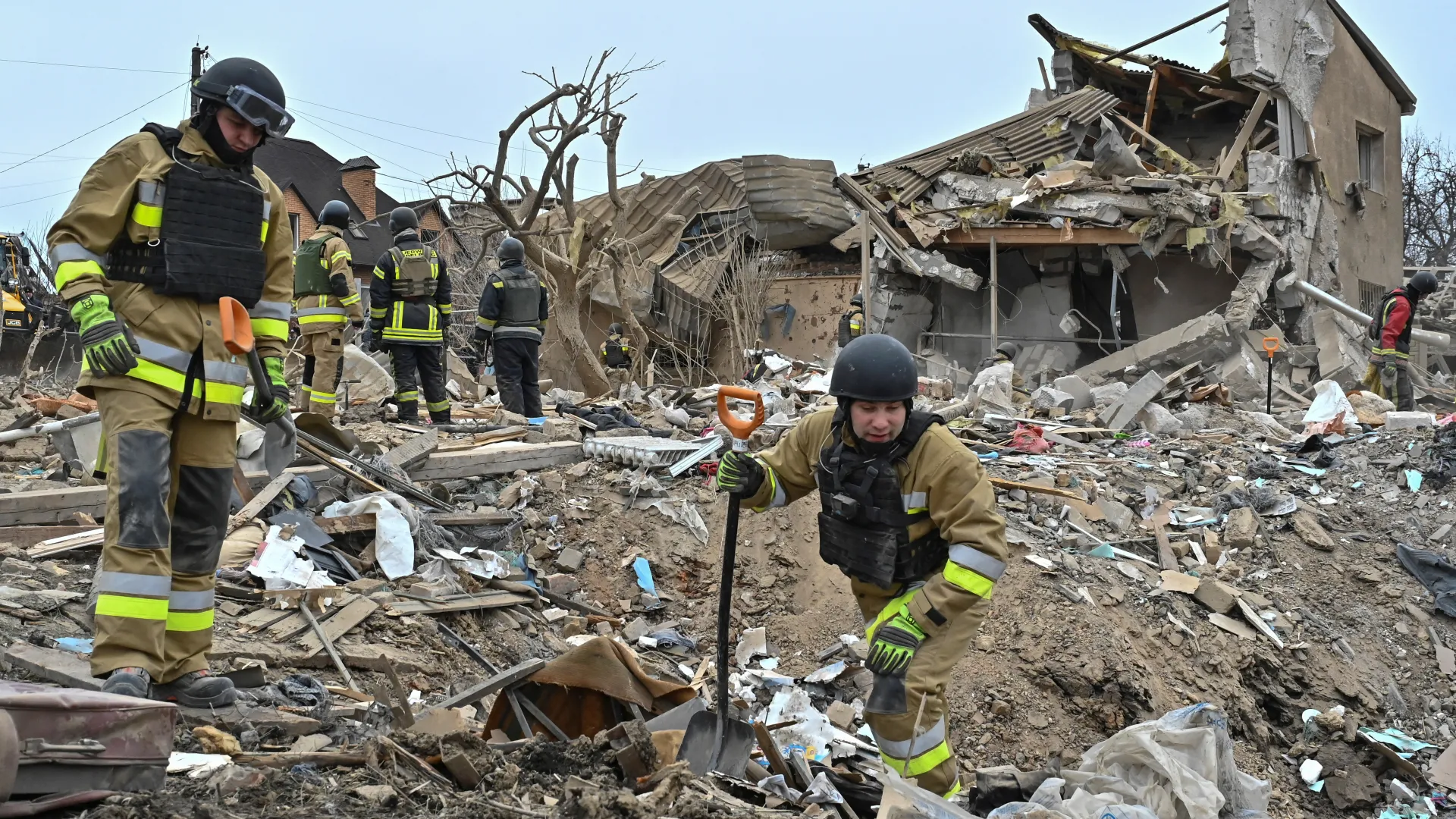In central Kharkiv, the sound of generators echoes through every street.
Just ten days ago, Ukraine’s second-largest city was plunged into darkness by a targeted Russian missile assault on its energy infrastructure — the most significant strike since the onset of full-scale war.
As Kharkiv struggles to recover, additional strikes have hit energy facilities across the nation, prompting condemnation from President Volodymyr Zelensky, who denounces Russia’s “missile terror.” Zelensky reiterates appeals to allies for enhanced air defense systems.
In Odesa, situated on the Black Sea in the south, authorities report the latest overnight attacks on the energy grid, resulting in partial blackouts caused by missiles and drones.
Meanwhile, Kharkiv faces a more extensive recovery process, with Mayor Igor Terekhov stating that restoring full power will take weeks, provided there are no further strikes. The initial assault even disabled the air raid siren, now replaced by mobile phone alerts.
Residents endure frequent missile warnings, and the impact is tangible; during one alert, windows were shattered by the blast wave.
The Russian defense ministry confirms targeting Ukraine’s power supply, claiming success in disrupting the defense industry. However, the civilian toll is evident, with blackout schedules implemented to conserve energy. Businesses rely on generators, while windows are boarded up against future attacks.
This isn’t the first time Russia has attacked Ukraine’s power grid, exacerbating an already challenging situation. While efforts to maintain normalcy persist, the threat looms large, leaving residents apprehensive about the future and the potential for further devastation.

